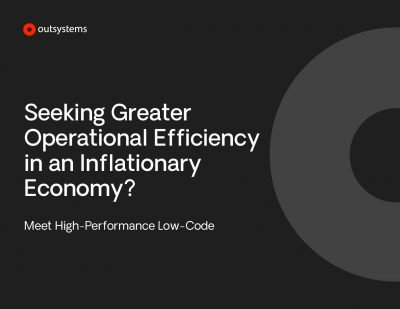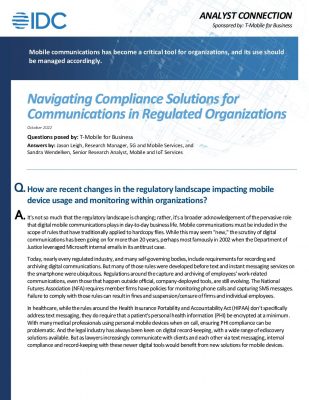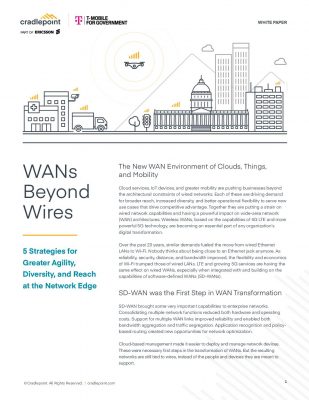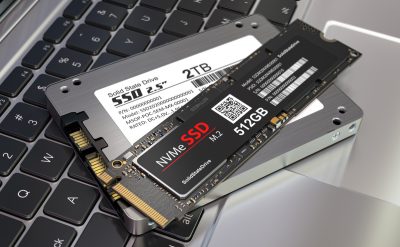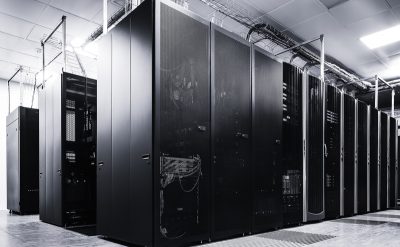Pradeep Sindhu, Juniper Networks’ Co-founder and Former CEO, has raised over USD 300 million and built a 220-person company. He recently broke the news of a new technology and unveiled his efforts at a virtual event called Hot Chips 2020. He worked on a technology that is behind a new digital processing unit (DPU), which he thinks will power next-generation data centers.
“We are attempting to revolutionize the performance, economics, viability and security of scale out data centers,” he told the Business Journal. “The technology we have created is a new class of microprocessor which in itself is a huge undertaking. It involves building new silicon from the ground up with new architecture, as well as the software associated with it and systems built around it.”
The investors who have shown interest in Sindhu’s vision are Softbank Group, Mayfield Fund, Battery Ventures, and Norwest Venture Capital.
“We are trying to solve very large problems that exist in data centers today,” Sindhu said. “This is not just a silicon problem, but also a software problem. Data center computations are executed very inefficiently today. That’s because they are done on general-purpose processors. The other problem is that we aren’t able to pool processes efficiently because we do not have what we call a scalable fabric.”
He believes that the Fungible DPU executes data center computation way more efficiently than CPUs and GPUs. After adding data centers with DPU, the technology will become cost-effective and efficient.
“They will also be more secure and more reliable,” he said. “And when it comes to enterprise data centers, the gains will be closer to an order of magnitude.”
“Current compute technologies fall short in the vendor’s ability to create an ultra-low latency and ultra-scalable solution for high bandwidth data movement,” he said. “The industry needs a holistic and end-to solution that can disaggregate and compose infrastructure resources at cloud scale.”
Regarding the stepping away out of Juniper, he felt it was needed. He thought it was necessary to create a business that could solve real-time problems.
And to which he added, “Trying to do a project this large inside a public company is actually very difficult. The markets aren’t friendly to spending more and more money on R and amp;D. They are looking to see how you are going to increase the stock price every quarter. This is why I left the company that I founded to start Fungible.”
The product is already in testing mode and is soon going to be out in the market.

